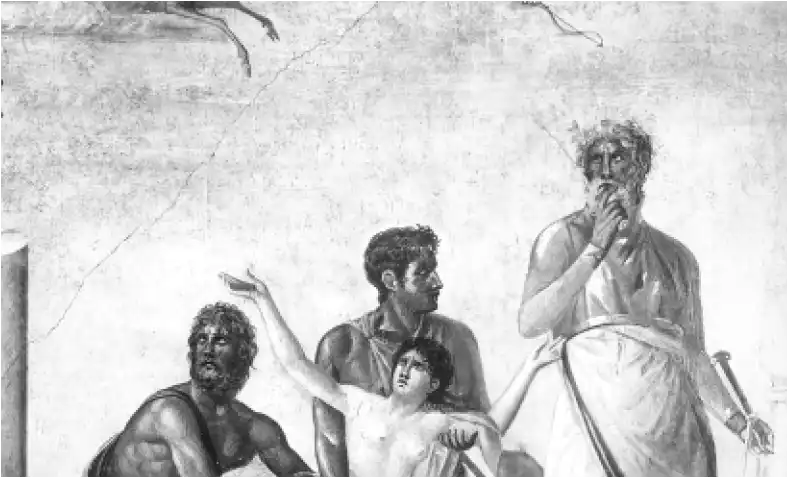To truly understand the society that produced Philip II and Alexander the Great, we must look beyond their battles and politics. Learning how social customs shaped the Macedonian elite reveals a world defined by unique institutions like the royal hunt and the symposium, or drinking party. These activities were not mere leisure; they were central to the social and political life of the Macedonian aristocracy, serving as venues for education, bonding, and the demonstration of status.
Table of Contents
🍷 The Macedonian Symposium: A Venue for Politics and Intrigue
The symposium, or aristocratic drinking party, was a cornerstone of elite Macedonian life. Unlike in southern Greece, where symposiums were often more restrained, the Macedonian version was a boisterous affair where vast quantities of unmixed wine were consumed. These gatherings were where the king and his ‘Companions’ socialized, debated policy, and forged the personal bonds of loyalty that held the kingdom together. However, they were also dangerous places, where drunken arguments could escalate into deadly violence and political conspiracies could be hatched, as was the case in the events leading to Philip II’s assassination.
🦁 The Royal Hunt as a Rite of Passage
The royal hunt (kynegion) was another central institution. For the Macedonian nobility, skill in hunting dangerous game like lions and boars was a crucial marker of manhood and martial prowess. It served as a form of military training and a rite of passage for young nobles. Successfully participating in a royal hunt was a way to gain the king’s favor and prove one’s worthiness to be a member of the elite Companion cavalry. The importance of the hunt is vividly illustrated in Macedonian art, such as the famous hunting fresco found on the facade of the Tomb of Philip II at Aegae.
🤝 How These Institutions Reinforced Royal Power
Both the symposium and the hunt were exclusive activities that reinforced the hierarchical structure of Macedonian society with the king at its apex. The king was the host of the symposium and the leader of the hunt, and participation in these events was a sign of royal favor. By controlling access to these central social rituals, the king could reward his loyal followers and exclude his rivals. These customs were therefore essential tools for maintaining political control and fostering the deep sense of camaraderie and loyalty that made the Macedonian elite such a formidable force.
—
Roisman, Joseph, and Ian Worthington, editors. A Companion to Ancient Macedonia. Wiley-Blackwell, 2010.
More Topics
- How Macedonians Shaped the Broader Hellenistic World
- How Prehistoric Macedonia Set the Stage for a Kingdom
- How the Macedonian Economy Fueled an Empire
- How the Antigonid Dynasty Ruled Macedonia After Alexander
- What Was Daily Life Like in Byzantium? Health, Disease, and Medicine
- What Role Did Eunuchs Play in the Byzantine Court?
- How the Byzantine Army Defended a Millennium-Long Empire

